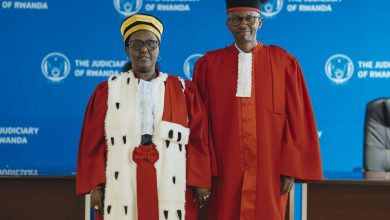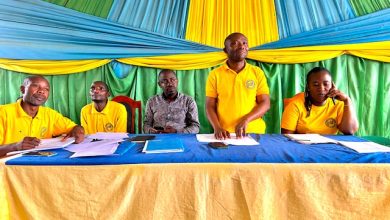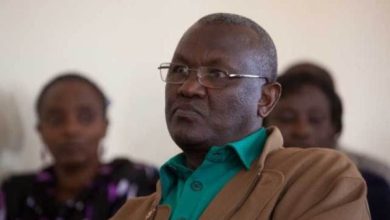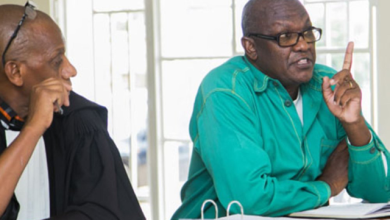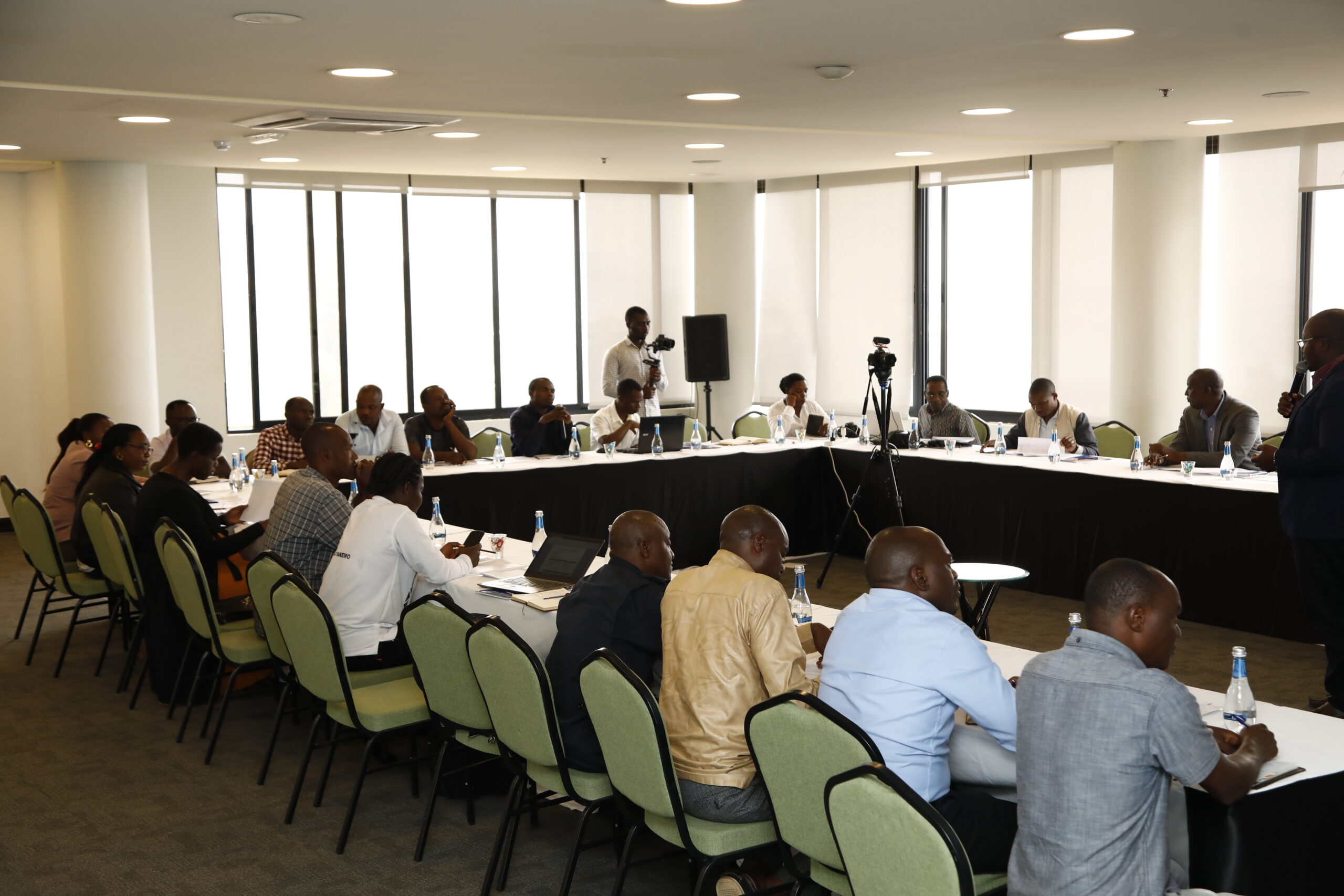
Rusizi :IPAR Rwanda meets Stakeholders Convening on Urban Governance In Rusizi Second City.
Today on 21 August 2024-The institute of Policy Analysis and Research, IPAR Rwanda, today on 21 August 2024 organized a stakeholders meeting in Rusizi District to discuss urban governance challenges and devise appropriate solutions to address them. The Forum was organized as part of the research project being implemented by IPAR-Rwanda in collaboration with the Partnership for Africa Social Governance Research (PASGR) which focuses on Urbana Governance challenges in secondary cities in Rwanda.
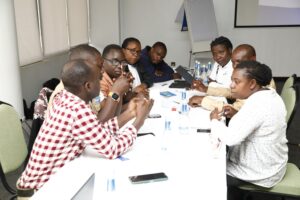
The convening in Rusizi brought together stakeholders including District officials in charge of urbanisation, infrastructures and governance, other Government institutions based in Rusizi District, higher learning institutions, civil society, private sector and media.
During the convening, participants were briefed about the project approach, which consists of bringing together stakeholders to identify challenges and devise solutions together, in order to connect research and Policy.
“Our approach is to connect research with policy makers because we have identified serious gaps between the two players. We have realized that most of the times, researchers do their work in total disconnection with policymakers who are expected to exploit research evidence in policy formulation.” Said Doctor Innocent, a Senior Researcher at IPAR Rwanda.
“This is why our approach is to bring together all stakeholders to discuss challenges and devise solutions together. With this approach, we are sure that the participants of the convening will have full ownership for recommendations of our studies.” He added.
The convening in Rusizi discussed the issues identified during the previous sessions to assess the progress made in addressing them.
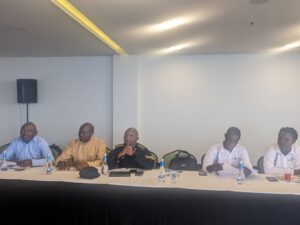
The key challenges identified as impediments to urban governance and development include: limited coordination in planning among stakeholders, ignoring the social context and implications during design and implementation and the increase of population.
Under this project, Rusizi is the third secondary city to organize stakeholders dialogue on urban governance after Musanze and Rubavu.
The findings of findings from these dialogues across all secondary cities will be consolidated in one report and policy brief to be submitted to relevant policy making organs as part of advocacy for identified challenges.
Ngamije Alexandre is one of the partner leaders who participated in this IPAR meeting ;The Current Manager of water and sanitation agency ;Rusizi Branch .
Talking to Kivupost, he said that the fact that IPAR has organized this meeting is a good opportunity to share experiences and get back to seeing what the beneficiaries need instead of giving them infrastructure that will not help them.
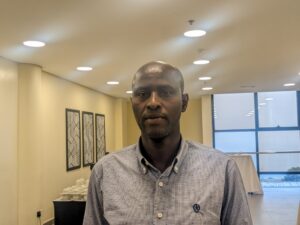
“This is a good opportunity to share our experience in helping the beneficiaries know what they want rather than bringing them what they don’t want or will not lift them out of poverty.”
At the REG Institution;Rusizi Branch ; Nzayainambaho Tuyizere Jacques, manager of REG/Branch Rusizi , says that inviting different partners to these discussions allows them to exchange ideas on the development of the city of Rusizi where they work, thus making it possible to discuss its development.
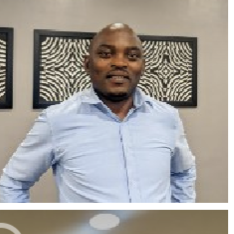
“Inviting different stakeholders in these discussions allows us to look back on the discussion on building our prosperous Rusizi as a city that supports the capital city of Kigali. Therefore, this is a good opportunity to discuss its development.”
Returning to why they organized this research, IPAR Rwanda employee who is in charge of the research, Dr. Ndikubwimana Innocent said that they wanted to connect researchers and beneficiaries with the results of the research.
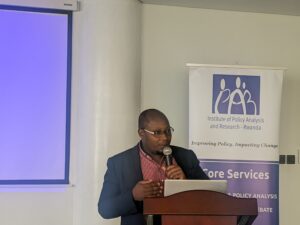
said: There is still a gap between policy makers and researchers, because there is no contact between researchers and implementers, which is where we called our research “Research to Policies.”
He added that in the two cities they have visited, they found similar problems, unlike what they found in Rusizi, where after discussing with partners, all these problems should be solved, but the beneficiaries should be prioritized.
What is IPAR?
The Institute of Policy Analysis and Research(IPAR-Rwanda) is Rwanda’s leading independent think tank with a reputation for high-quality, cutting-edge research and policy publications. IPAR Rwanda’s mission is to enhance evidence-based policy making through research and policy analysis, promote a culture of dialogue and debate to improve policy and impact change in Rwanda. IPAR-Rwanda became fully operational in May 2008. Since its establishment, it has conducted and published research works in a wide range of fields around five themes namely: Economic Growth & Transformation; Environment and Natural Resources; Agriculture and Rural Development; Social Development and Governance.
Twiteguye kurwanya #mpox nkuko twatsinze ibindi byorezo:-Dr Sabin Nsanzimana Minister of Health/Rwanda

